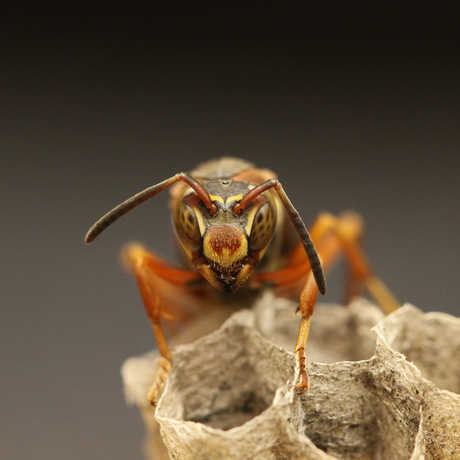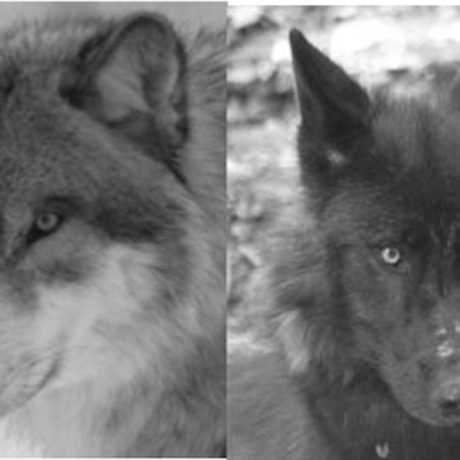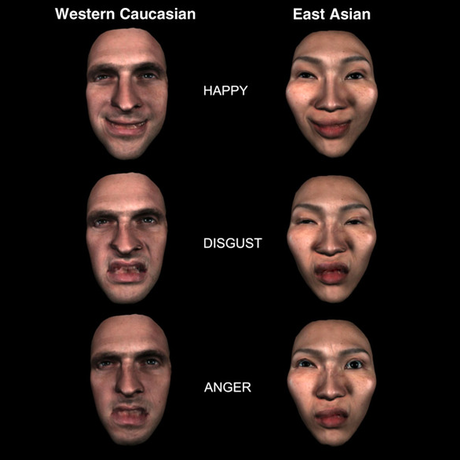Science News
Laughing Chimpanzees

When you laugh, there’s more going on than just sound. Your face lights up, making expressions that go along with that laughter. In fact, several changes might happen to your features. Your jaw may drop, and your lips may move up and back exposing your teeth. Your eyes might close, and/or you might raise your cheeks. Sometimes you’ll make this “laugh face” without even emitting a sound. It’s all part of the complicated way humans communicate. According to a study published today in PLoS ONE, it’s “a fundamental tool of language and emotional intelligence in humans.”
But the new paper isn’t about what happens when humans laugh—it’s about what happens when chimpanzees laugh, and the facial expressions our close relatives make. And the research demonstrates that it’s not dissimilar from humans.
British researchers, led by Marina Davila-Ross, tested 46 chimpanzees at the Chimfunshi Wildlife Orphanage in Zambia. The team video-recorded these chimps (some born in the wild, some in captivity) at play to study their faces. The play was often with other chimps, but sometimes solo. Also, the play could be rough or gentle, both with or without physical contact. Tools to identify facial expression in humans were adjusted to identify facial expressions in the chimpanzees as they played, coding each lip-lift, eye-widening, cheek-raise, an so on.
After examining a total of 1,270 bouts of laughter in the chimpanzees, the team identified 14 different laugh faces the chimps used, sometimes with sound and sometimes without. The scientists discovered that vocalization often accompanied physical contact in both rough and gentle play. Silent laugh faces were often present when the chimpanzees were playing alone.
These findings show that the chimps use these expressions flexibly and with variety, deepening their abilities to communicate more explicitly with one another. The team also makes an evolutionary connection in this study between chimpanzees’ and humans’ laughter. “[The] results revealed that laugh faces of humans must have gradually emerged from laughing open-mouth faces of ancestral apes,” they write.
So it’s possible that we’ve been laughing for millions of years!
Image: roger smith/Flickr




